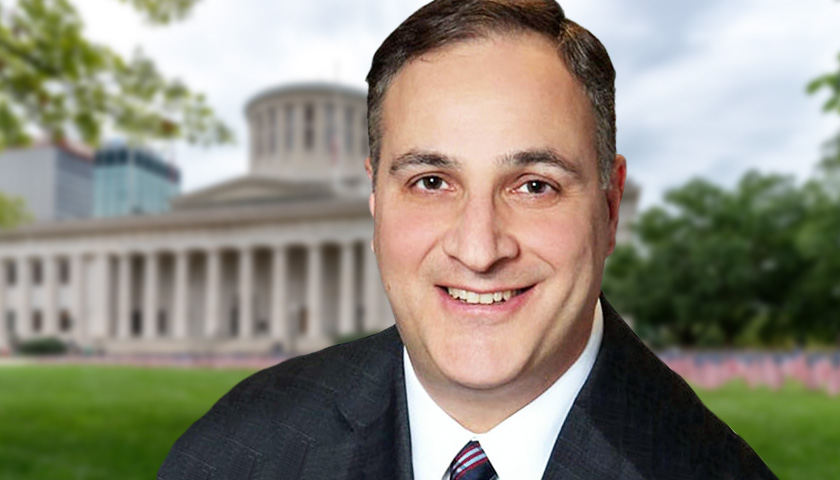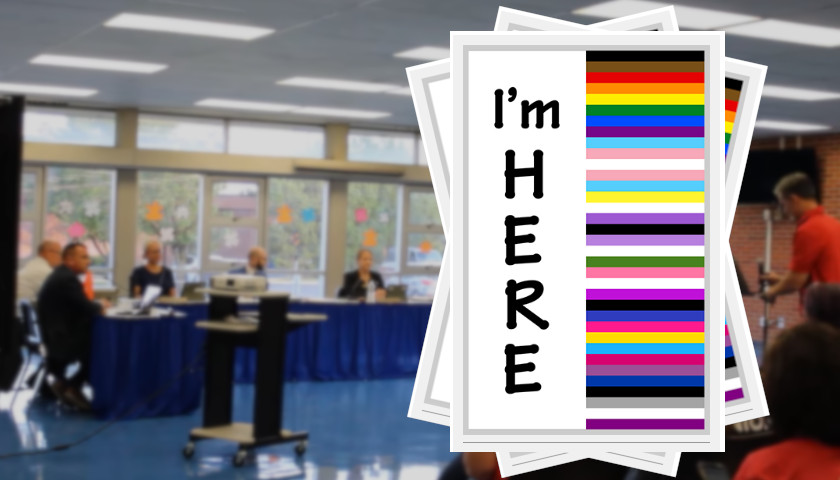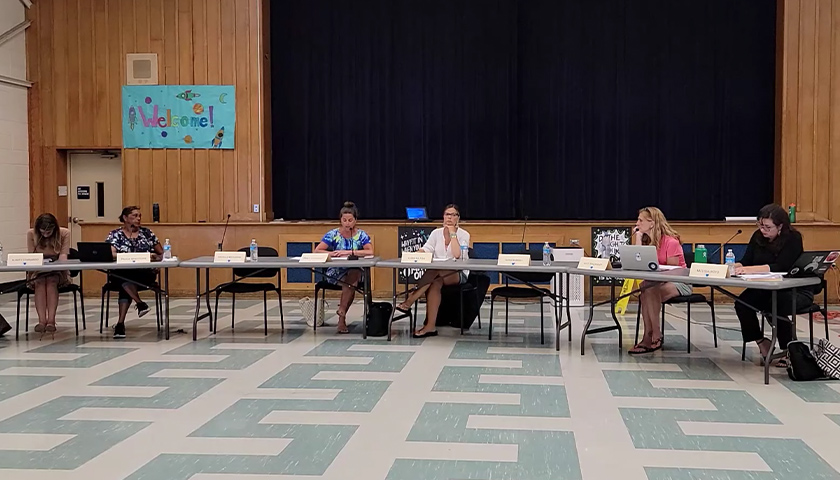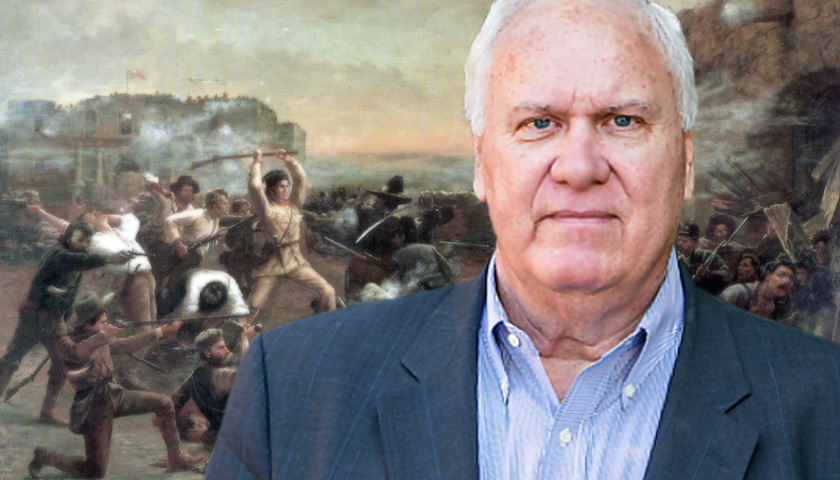Over the last few months, the U.S. has engaged in intense discussion over “critical race theory.” As Americans have debated the impact of CRT, several states have banned CRT from the public school curriculum, while other states are using it as part of that curriculum. The debate over CRT’s merits or dangers has prompted ideological battles in school board elections. This article looks at the increased activism around school board elections and its broader ramifications.
Past politicization of school board elections
Though school board elections may not seem as exciting as a presidential or even congressional race, they have taken on greater importance in recent years. In 2005, the city of Dover, Pennsylvania faced a contentious court case known as Kitzmiller v. Dover Area School District, which ruled that the school district’s teaching of intelligent design violated the separation of church and state. Shortly after the trial concluded, the district held its school board elections, and all the school board members who favored the teaching of intelligent design lost their reelection bids, at least in part due to their position on the issue. The election generated much discussion.
In the early 2010s, school board races saw partisan involvement through the Tea Party movement. Generally, candidates affiliated with the Tea Party ran on platforms of greater political accountability and lower property taxes. Carl Paladino, a former Republican nominee for governor in New York, won a race for the Buffalo school board on a Tea Party-type platform. The school board later ousted Paladino for making offensive comments about former First Lady Michelle Obama.
Read More











